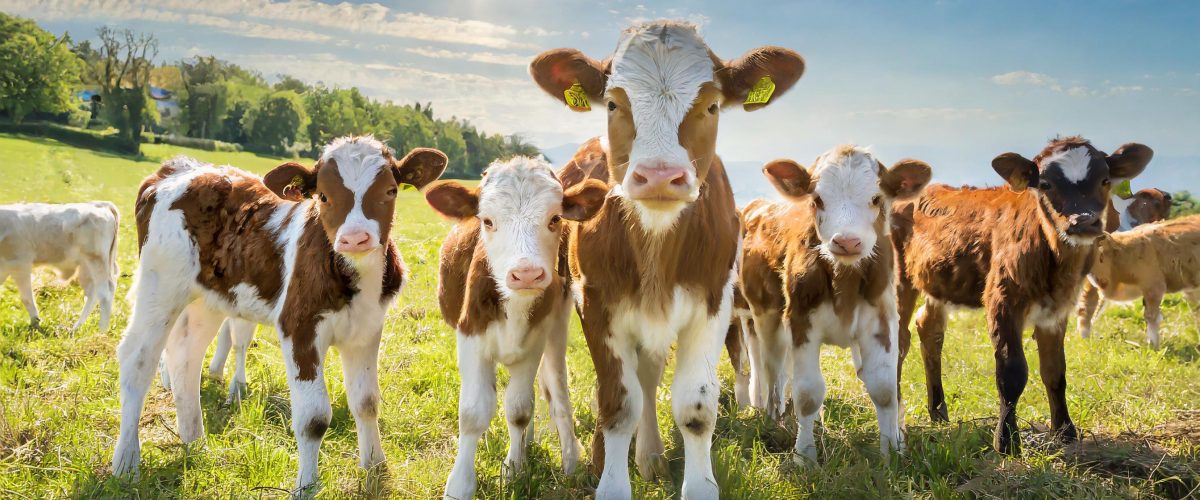The effects of heat stress on adult ruminants are now well known. More and more scientific research is now focusing on the impact of heat stress on young ruminants, and in particular on replacement dairy heifers.
Publications have shown that heat stress has an impact on the rectal temperature of calves before weaning from 67 THI and the respiratory rate from 65 THI (Dado-Senn et al, Journal of Dairy Science, 2020).
After weaning, rectal temperatures and respiratory rates are also significantly increased in heifers in the event of heat stress.
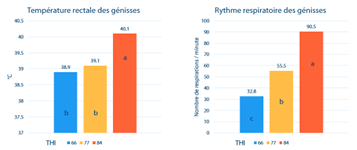
Heat stress severely degrades the growth performance of young ruminants
Heat stress leads to lower feed intake and reduced growth in young ruminants.
Before weaning, even if milk feed intake remains good up to 82 THI, heat stress leads to a drastic drop in solid feed intake and growth.
After weaning, growth is also greatly affected by heat stress: for example, a trial by Baccari et al showed a 270g/d drop in growth in 5-month-old heifers with a THI of 77 to 82 compared with a period of 65 THI.
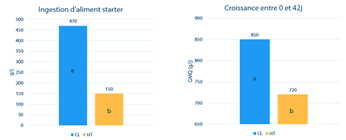
Heat stress not only penalises the growth of young ruminants, but also degrades the morphology of the animals. Indeed, Nonaka et al showed that heat stress degraded the ratio of body fat to protein, which is highly unfavourable for dairy careers.
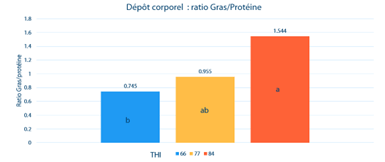
Heat stress damages the health of juvenile ruminants
As with adults, heat stress leads to a loss of intestinal integrity and a runaway immune system.
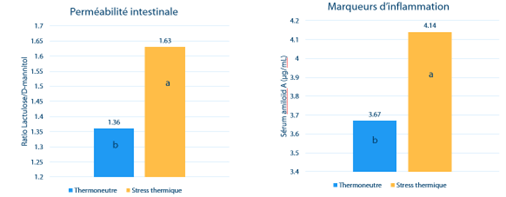
In conclusion, these studies show that young ruminants are highly sensitive to heat stress. Growth performance and good morphology are strategic for subsequent dairy careers. It is therefore essential for farm profitability to reduce the impact of heat stress on these young animals as much as possible: through equipment and appropriate Thermoplus supplementation.
